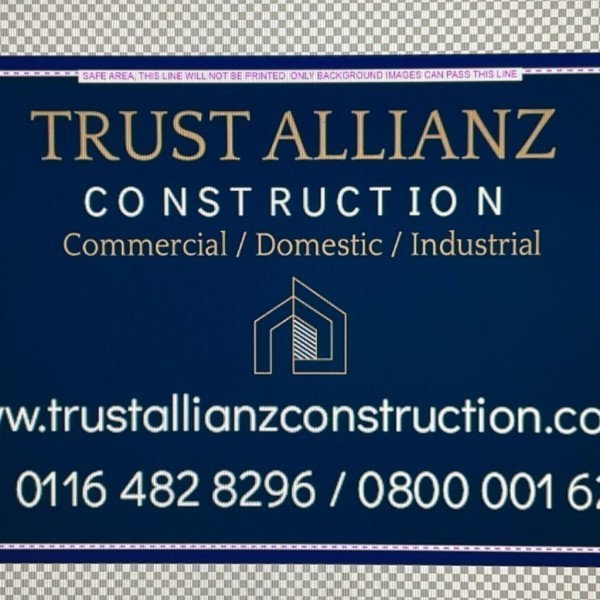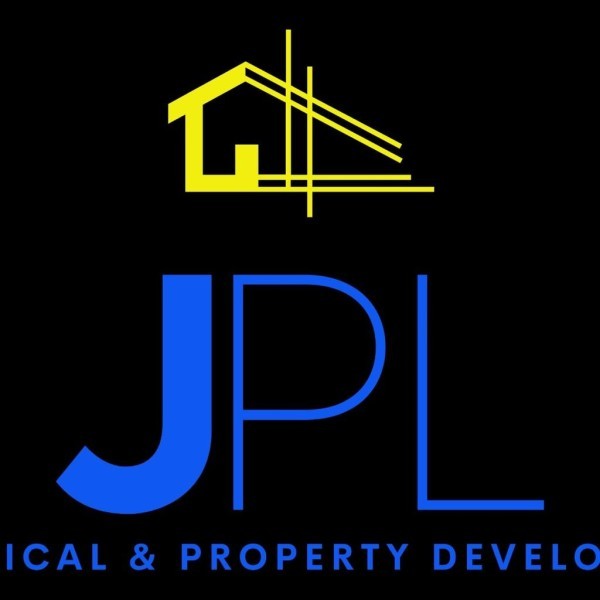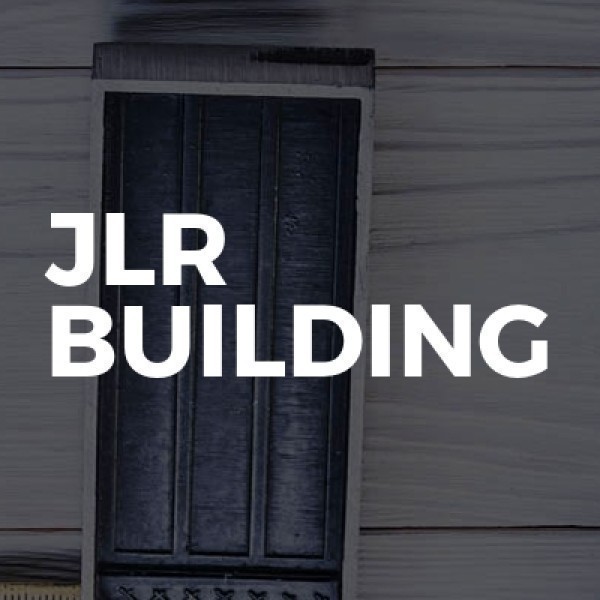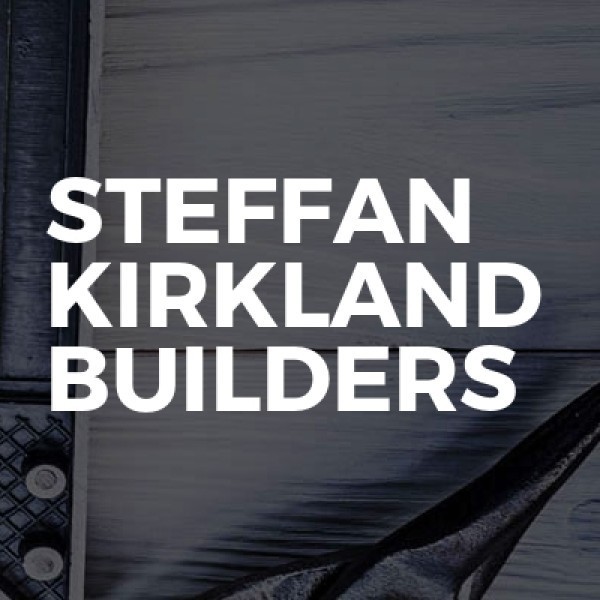Loft Conversions in Loughborough
Filter your search
Post your job FREE and let trades come to you
Save time by filling out our simple job post form today and your job will be sent to trades in your area so you can sit back, relax and wait for available trades to contact you.
Post your job FREESearch Loft Conversions in places nearby
Understanding Loft Conversions in Loughborough
Loft conversions in Loughborough have become increasingly popular as homeowners seek to maximise their living space without the hassle of moving. With the town's rich history and charming architecture, converting a loft can add both value and functionality to a property. This article delves into the intricacies of loft conversions, offering insights into the process, benefits, and considerations specific to Loughborough.
The Appeal of Loft Conversions
Loft conversions offer a unique opportunity to transform unused attic space into a functional area. Whether it's an extra bedroom, a home office, or a playroom, the possibilities are endless. In Loughborough, where property prices are steadily rising, a loft conversion can be a cost-effective way to increase your home's value and living space.
Benefits of Loft Conversions
- Increased Property Value: A well-executed loft conversion can significantly boost the value of your home.
- Additional Living Space: Create a new room without altering the footprint of your home.
- Customisable Design: Tailor the space to meet your specific needs and preferences.
- Energy Efficiency: Modern conversions often include improved insulation, reducing energy costs.
Planning Permission and Regulations
Before embarking on a loft conversion in Loughborough, it's crucial to understand the planning permission and building regulations involved. While some conversions fall under permitted development rights, others may require formal approval.
Permitted Development Rights
Many loft conversions can be completed without planning permission under permitted development rights. However, there are restrictions on the size and shape of the conversion, particularly in conservation areas or on listed buildings.
Building Regulations
Regardless of planning permission, all loft conversions must comply with building regulations. These regulations ensure the safety and structural integrity of the conversion, covering aspects such as fire safety, insulation, and access.
Types of Loft Conversions
There are several types of loft conversions, each with its own set of advantages and considerations. The choice depends on the existing roof structure, budget, and desired outcome.
Dormer Loft Conversion
A dormer conversion involves extending the existing roof to create additional headroom and floor space. This type is popular for its versatility and ability to accommodate various room layouts.
Mansard Loft Conversion
Mansard conversions involve altering the roof structure to create a flat roof with a steep back wall. This option maximises space but often requires planning permission due to the significant changes to the roofline.
Hip to Gable Loft Conversion
This conversion is suitable for semi-detached or detached homes with a hipped roof. It involves extending the roof's sloping side to create a vertical gable wall, increasing interior space.
Velux Loft Conversion
Also known as a roof light conversion, this type involves installing windows into the existing roofline. It's the least invasive option and typically doesn't require planning permission, making it a cost-effective choice.
Cost Considerations
The cost of a loft conversion in Loughborough can vary significantly based on the type of conversion, materials used, and the complexity of the project. It's essential to budget carefully and consider all potential expenses.
Factors Influencing Cost
- Type of Conversion: More complex conversions like mansard or hip to gable tend to be more expensive.
- Size of the Loft: Larger spaces require more materials and labour, increasing costs.
- Quality of Materials: High-end finishes and fixtures will raise the overall price.
- Structural Changes: Significant alterations to the roof or supporting walls can add to the expense.
Budgeting Tips
To manage costs effectively, obtain multiple quotes from reputable contractors, and ensure all potential expenses are accounted for in the initial budget. Consider setting aside a contingency fund for unexpected costs.
Choosing the Right Contractor
Selecting a skilled and reliable contractor is crucial to the success of your loft conversion. A good contractor will guide you through the process, ensuring the project is completed on time and within budget.
What to Look for in a Contractor
- Experience: Look for contractors with a proven track record in loft conversions.
- References: Ask for references and check reviews from previous clients.
- Insurance: Ensure the contractor has adequate insurance coverage for the project.
- Clear Communication: Choose someone who communicates clearly and understands your vision.
Designing Your Loft Space
Designing your new loft space is an exciting part of the conversion process. Consider how the space will be used and what features are essential to meet your needs.
Layout and Functionality
Think about the layout of the room and how it will function. Will it be a bedroom, office, or playroom? Consider the placement of windows, doors, and furniture to maximise space and light.
Interior Design Tips
- Lighting: Use a mix of natural and artificial lighting to create a bright, welcoming space.
- Colour Scheme: Choose colours that reflect your personal style and enhance the room's purpose.
- Storage Solutions: Incorporate built-in storage to keep the space organised and clutter-free.
Environmental Considerations
Incorporating eco-friendly elements into your loft conversion can reduce your carbon footprint and lower energy costs. Consider sustainable materials and energy-efficient systems during the planning phase.
Insulation and Energy Efficiency
Proper insulation is crucial for maintaining a comfortable temperature in your loft space. Consider using environmentally friendly insulation materials and installing energy-efficient windows and heating systems.
Sustainable Materials
Opt for sustainable materials such as reclaimed wood or bamboo flooring. These choices not only benefit the environment but also add unique character to your space.
Common Challenges and Solutions
Loft conversions can present several challenges, from structural issues to planning permission hurdles. However, with careful planning and expert guidance, these challenges can be overcome.
Structural Challenges
Older homes may have structural limitations that complicate loft conversions. A thorough structural survey can identify potential issues and guide necessary reinforcements.
Planning Permission Hurdles
If your conversion requires planning permission, navigating the application process can be daunting. Hiring a professional with experience in local regulations can streamline the process and increase the likelihood of approval.
Frequently Asked Questions
1. Do I need planning permission for a loft conversion in Loughborough?
Many loft conversions fall under permitted development rights, but it's essential to check with the local council, especially if your home is in a conservation area or is a listed building.
2. How long does a loft conversion take?
The duration of a loft conversion varies depending on the complexity of the project, but most conversions take between 6 to 12 weeks to complete.
3. Can all lofts be converted?
Not all lofts are suitable for conversion. Factors such as roof height, pitch, and structural integrity must be considered. A professional assessment can determine feasibility.
4. Will a loft conversion add value to my home?
Yes, a well-executed loft conversion can significantly increase the value of your home, often by more than the cost of the conversion itself.
5. What is the most cost-effective type of loft conversion?
Velux or roof light conversions are typically the most cost-effective, as they require minimal structural changes and usually don't need planning permission.
6. How can I ensure my loft conversion is energy efficient?
Incorporate high-quality insulation, energy-efficient windows, and sustainable materials to enhance energy efficiency and reduce environmental impact.
Loft conversions in Loughborough offer a fantastic opportunity to enhance your home, providing additional space and increasing property value. With careful planning and the right expertise, your loft conversion can become a valuable and cherished part of your home.




























